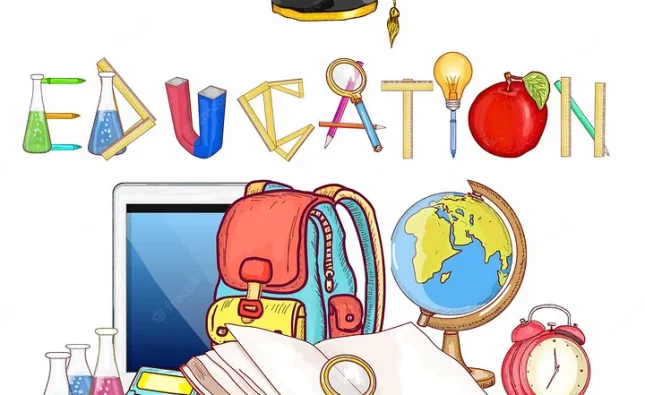
Introduction
In an increasingly interconnected world, the ability to navigate conflicts within culturally diverse settings is crucial. Conflict resolution in such environments demands a nuanced understanding of cultures, communication styles, and perspectives. Here, we delve into the pivotal lessons that promote conflict resolution skills within these diverse contexts.
Understanding Cultural Dynamics
Culture serves as the bedrock of one’s beliefs, values, and behaviors. Embracing cultural diversity involves acknowledging these differences without judgment. In conflict resolution, this necessitates the recognition that perceptions and responses to conflict are deeply rooted in cultural backgrounds.
Communication as a Bridge
Effective communication is pivotal in resolving conflicts across cultural boundaries. Active listening, empathy, and the ability to decode non-verbal cues transcend language barriers. Embracing diverse communication styles, including indirectness or directness, helps bridge understanding gaps and fosters mutual respect.
Embracing Different Perspectives
Culturally diverse settings offer a wealth of perspectives. Encouraging individuals to share their viewpoints cultivates an environment where diverse opinions are valued. This practice not only enriches discussions but also opens avenues for creative problem-solving.

Cultivating Cultural Sensitivity
Cultural sensitivity involves being attuned to nuances without assuming homogeneity within cultures. It requires a willingness to learn, unlearn, and relearn cultural norms and values. Respect for diverse practices and customs lays the foundation for constructive conflict resolution.
Education and Training Programs
Institutions play a pivotal role in imparting conflict resolution skills in culturally diverse settings. Integrating comprehensive education programs that focus on intercultural understanding, empathy-building, and conflict resolution strategies is essential. These programs should encourage dialogue, offer case studies, and provide practical simulations to hone these skills.
Leadership and Role Modeling
Leaders and authority figures set the tone for conflict resolution. In culturally diverse environments, exemplary leadership involves demonstrating respect for diversity, actively fostering inclusion, and showcasing effective conflict resolution techniques. This serves as a template for others to emulate.
Building Trust and Relationships
Establishing trust is fundamental in resolving conflicts within diverse groups. Investing time in relationship-building fosters an environment where individuals feel safe expressing concerns without fear of judgment. Strong relationships act as a buffer during times of conflict, facilitating smoother resolution processes.
Addressing Power Imbalances
Cultural diversity often intersects with power differentials. Addressing these imbalances is crucial in ensuring equitable conflict resolution. Empowering marginalized voices and creating platforms for equitable participation in decision-making processes are integral steps toward inclusivity.

Conclusion
Fostering conflict resolution skills in culturally diverse settings requires a multi-faceted approach that intertwines cultural understanding, effective communication, education, and leadership. Embracing diversity as a strength and leveraging it to enrich conflict resolution processes leads to more harmonious and productive environments. By acknowledging and celebrating differences, fostering empathy, and equipping individuals with the necessary skills, we can create environments where conflicts are seen as opportunities for growth and understanding rather than barriers to progress. Cultivating these lessons not only resolves conflicts but also strengthens the fabric of culturally diverse communities.










